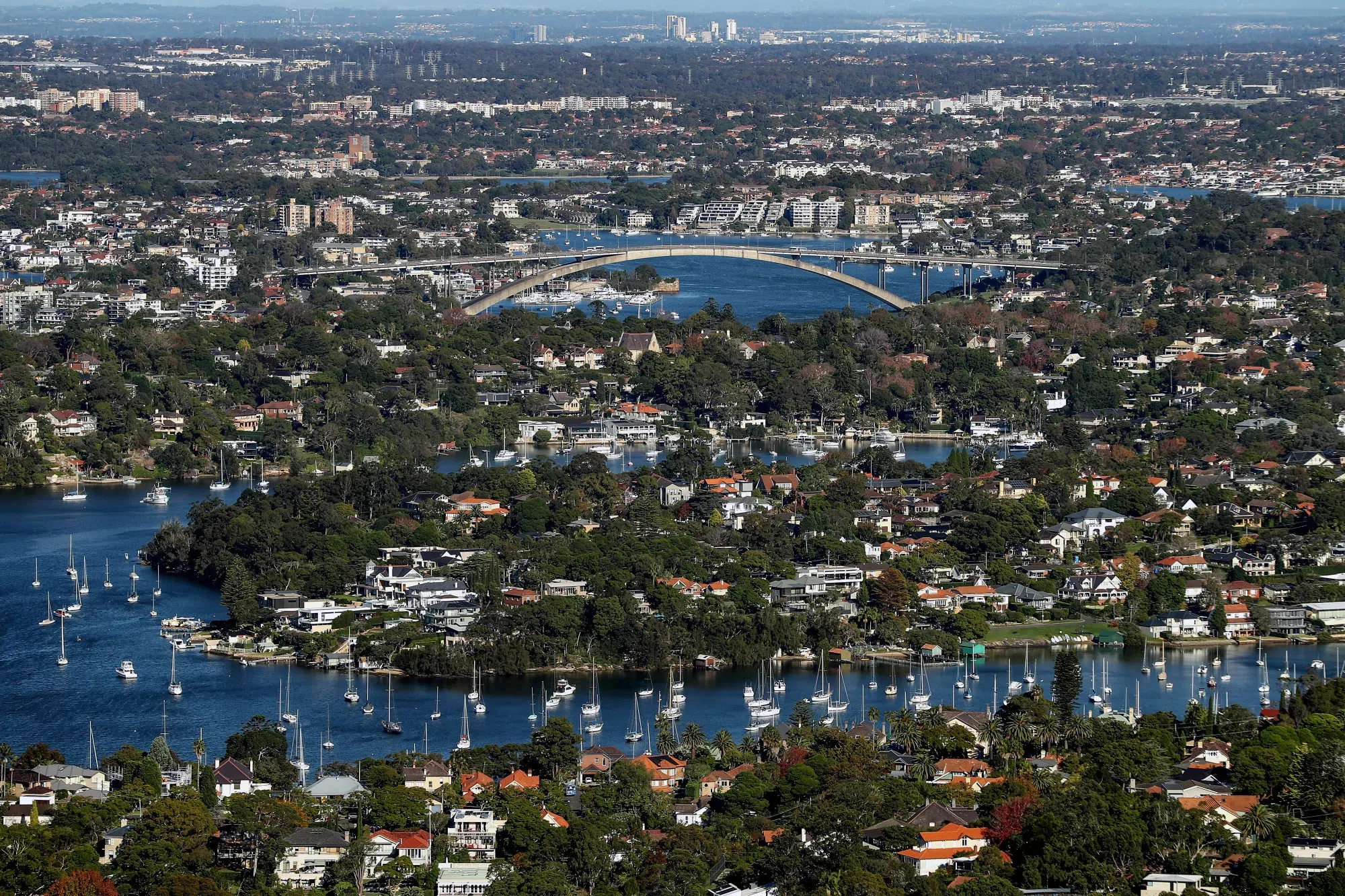Australia banks shower investors with A$5 billion in buybacks
AUSTRALIA’S biggest banks plan to return more than A$5 billion (S$4.5 billion) to shareholders just as fierce rivalry in the mortgage market shows few signs of easing.
A “savage” war for mortgages and new customers has “competed away all the interest rate hikes” that the banks could have kept, said Matt Haupt, a portfolio manager at Wilson Asset Management International in Sydney. Being over-capitalised, they are making it up with buybacks, he said.
Over the past week, ANZ Group Holdings announced a A$2 billion buyback, topping domestic lending peer Westpac Banking, which opted for a A$1 billion stock-purchase programme alongside a A$500 million special dividend. National Australia Bank plans a A$1.5 billion buyback, while Macquarie Group continues its A$2 billion share-buying plan that it announced in November.
The moves on capital reflect an emerging consensus from the lenders about the surest way to satisfy shareholders at a time when all their earnings have started slipping as effects of interest-rate hikes waned. Handing back cash is a sign of confidence that problem loans are unlikely to spike as the economy improves and also underscores a need to appease investors as the ultra-competitive market for home loans weighs on margins.
Fears of a “mortgage cliff” in Australia, in which borrowers on fixed-rate home loans would suddenly see servicing expenses jump as their loans are refinanced from the super-low pandemic base, have not come to pass. This means banks do not need the cautionary capital, said Hugh Dive, chief investment officer of Atlas Funds Management in Sydney.
“It was an elegant thesis that retailers would get slotted, banks’ bad debts were going to spike, unemployment would go to 4 to 5 per cent in the base case, and house prices were going to fall 15 per cent,” Dive said. “None of that’s happened.”
GET BT IN YOUR INBOX DAILY
Start and end each day with the latest news stories and analyses delivered straight to your inbox.
“In that environment where you have got mortgage growth – okay, not much – I’d rather have the capital return to me than make some crazy acquisition,” Dive said.
Australian bank stocks have underperformed global lenders. The S&P/ASX 200 financials index is up about 20 per cent in the past year, compared with a 28 per cent increase on the MSCI World Bank Index.
The lenders have reassured shareholders in recent days they are taking a selective approach to growing market share, even if none are ready to take the pedal completely off an increasingly competitive mortgage market.
Australia’s central bank held interest rates at a 12-year high on Tuesday. It warned that household consumption might pick up more slowly than expected, though did not see enough evidence to curb its restrictive policy.
“The consumer returns have come down quite a lot if you take a multi-year perspective,” Westpac’s chief executive officer Peter King said on a call on Monday. The bank was “cautious” on growth in its consumer businesses including home loans, but intends to maintain expansion in line with the rest of the industry.
ANZ CEO Shayne Elliott on Tuesday highlighted the difficulty facing banks that crowd its efforts into home lending, with the competition weighing on their ability to generate higher profits.
There “is absolutely a risk” that banks “start to look the same and are all fishing in the same pond”, he said. BLOOMBERG

